Meta recently paused plans to start training its Artificial Intelligence Model using Instagram and Facebook data from European users. Many EU regulators have raised concerns about this process and asked Meta to hit the brakes on its plans until further review. While European and UK users were at least notified about Meta’s AI expansion, users in the US have been left in the dark. At Sprinterra, we are investigating how users can object to data-sharing practices to protect their privacy. Ensuring privacy and security online is crucial, and staying informed is the first step.
Ensuring privacy and security online is crucial, and staying informed is the first step.
If you use Facebook, WhatsApp, or Instagram, you might have noticed a new assistant popping up in your search queries or offering information in your feeds. This assistant, Meta AI (still in Beta testing), can appear at the top of your Messenger chat list as it has been integrated across Meta’s platforms. The new AI helper is eager to recommend nearby restaurants, nail salons, museums, and puppy videos, search for train schedules and new cleaning products, and even generate images. While Meta advertised the new Artificially Intelligent Assistant as a way to “get things done, learn, create, and connect with the things that matter to you,” many users have found its uninvited presence annoying.

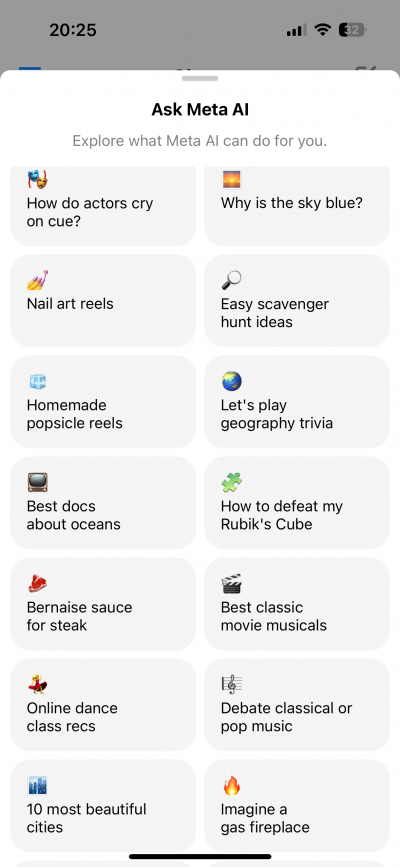
What’s worse is that Meta AI needs a substantial amount of training data to function effectively. Most of this data comes from your Facebook and Instagram posts. Even if you don’t post content yourself, Meta can still use photos and captions if others publish them. This data usage applies to all publicly shared posts and does not include private messages. Many social media users are unhappy about Meta’s move to use their personal information and intellectual property for AI training.
Yes and no. At this moment, it depends on where you live. Numerous TikTok videos now provide instructions on how to opt out of Meta’s data scraping. One video with over 4 million views explains how Meta will use public photos and posts to train its AI and that opting out is somewhat tricky.
European users received notifications about privacy policy changes, unlike their US counterparts. However, Instead of asking users permission to use their data, Meta just added a complicated “opt-out” option. The Irish Data Protection Commission (DPC) and the U.K.’s Information Commissioner’s Office (ICO) demanded that Meta delay its plans until it can satisfy their concerns about users’ privacy.
Although Meta has agreed to comply, it said that delaying AI training would be a huge setback for the EU. “This is a step backwards for European innovation, competition in AI development and further delays bringing the benefits of AI to people in Europe,” reads Meta statement from June 14.
However, this is not a final stop on the process, it’s only a pause. The Europeans are protected by stringent data protection laws, the General Data Protection Regulation (GDPR). But, just in case, Meta will go ahead with the plans, here is how you can opt-out:
A June 7th article in The New York Times reported that US users, where privacy regulations are less strict than in Europe, have already had their public posts used for AI training by Meta. The exact timeline of when Meta started scraping data from US users is unclear. Even though there is no straightforward path on how to stop Meta’s feast on your data, here are some steps you can take:
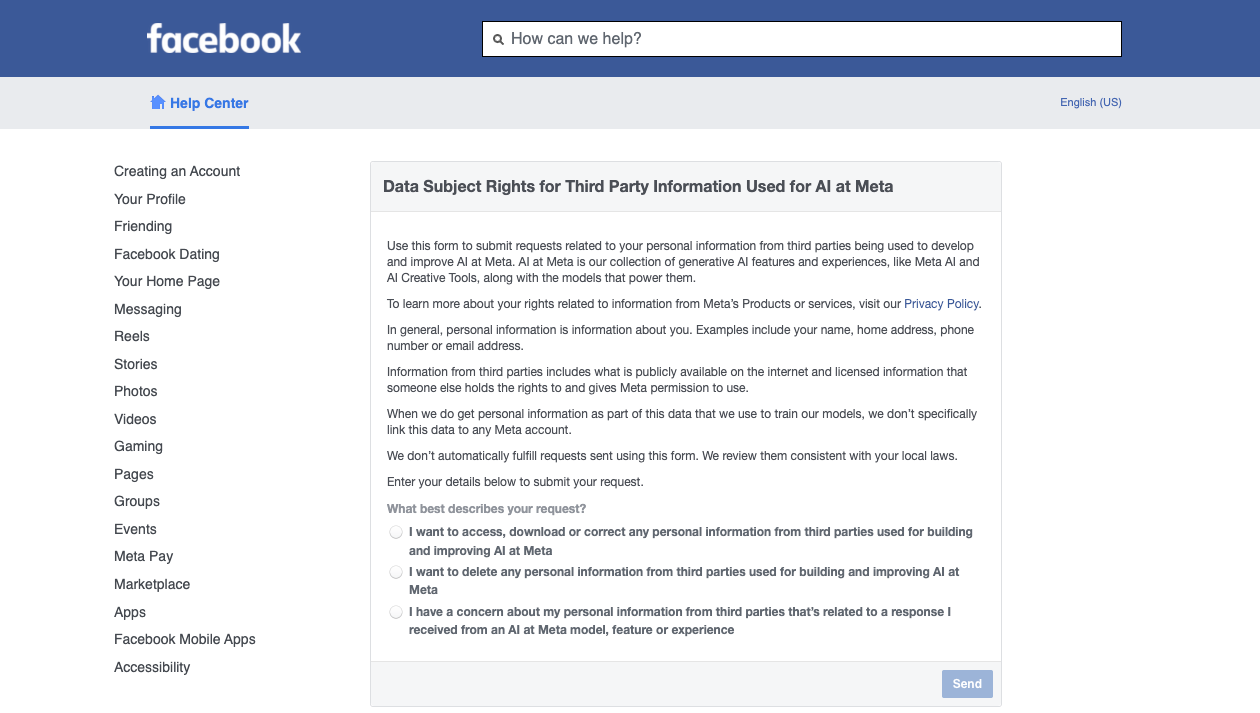
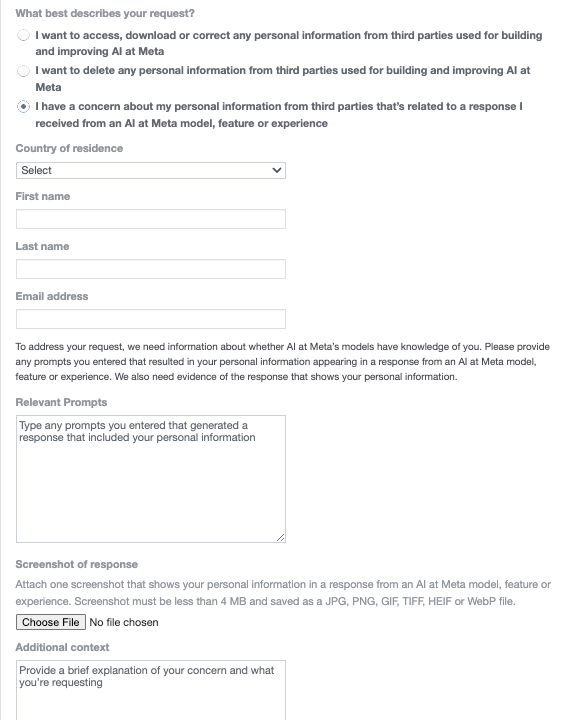
Meta will review your request based on local laws.
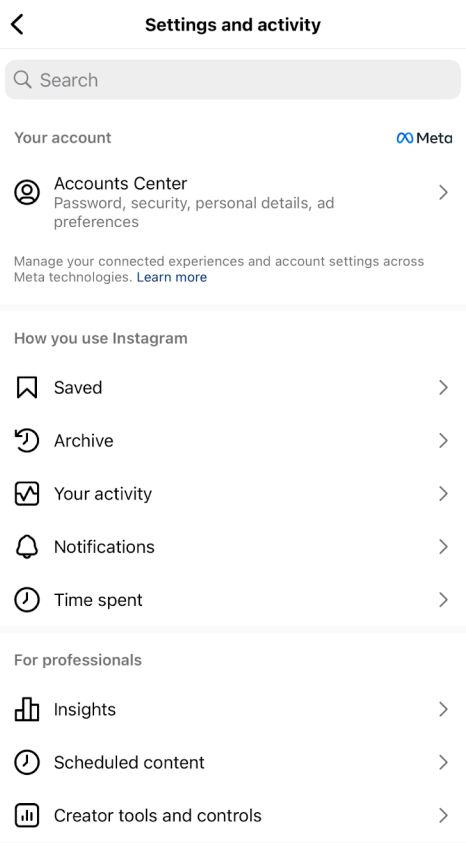
The bad news is that there is no kill switch. While you cannot entirely turn Meta AI off, you can at least quiet it down. Here is how:
On the Facebook mobile app, tap the “search” button. You might be prompted to “Ask Meta AI anything.”

Click the blue triangle on the right, then the blue circle with an “i” inside it. Here, you’ll see a “mute” button, allowing you to silence the chatbot for 15 minutes or longer or until you change it.
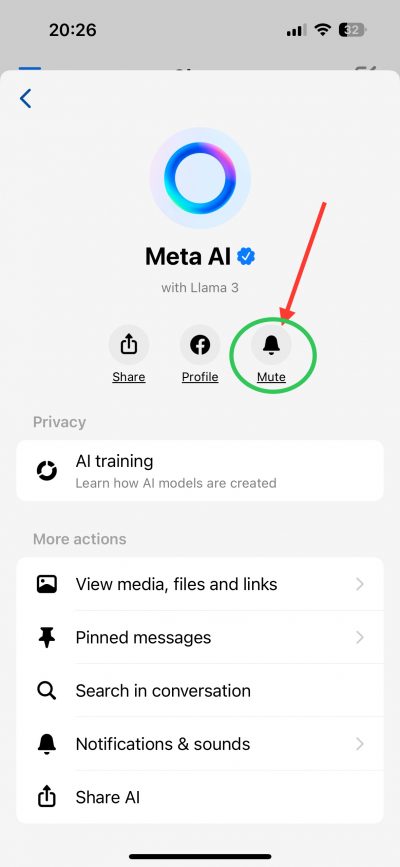

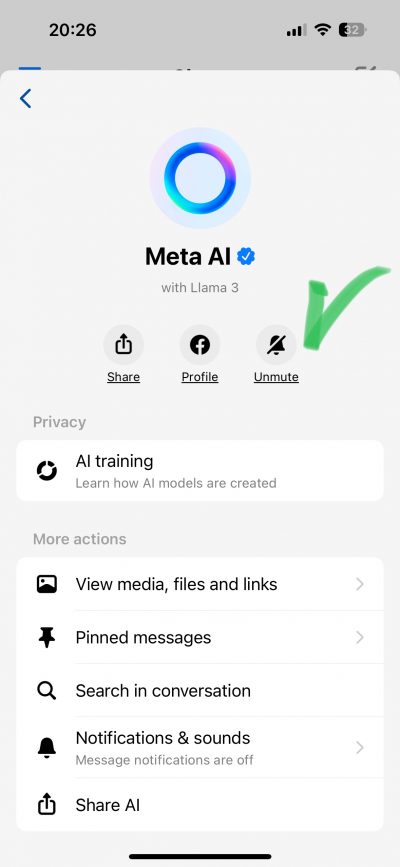
Just remember that muting the unsolicited AI helper on Facebook does not prevent Meta from using your data.
To achieve a total separation from Meta, some experts recommend more extreme measures, such as:
For more information on protecting your data and privacy, stay tuned to Sprinterra’s updates.
Get the latest insights on exponential technologies delivered straight to you
© 2025 Sprinterra. All rights reserved.